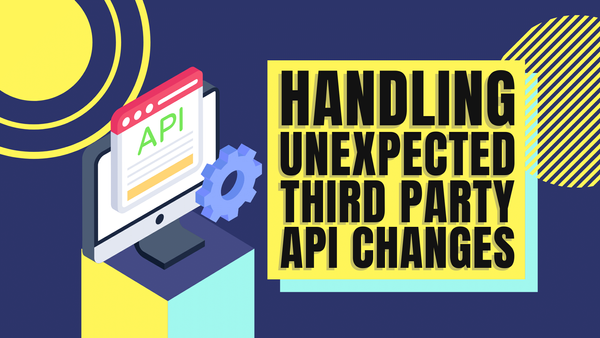
Technical
Is Continuous Integration, Continuous Delivery and Continuous Deployment the same?
Continuous Integration, Continuous Delivery and Continuous Deployment are like vectors pointing to the same direction but having different magnitude. The factor which makes them point in the same direction is the goal to make our software development process faster and more robust. Continuous Integration, Continuous Delivery and Continuous Deployment all











